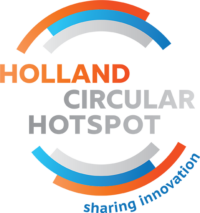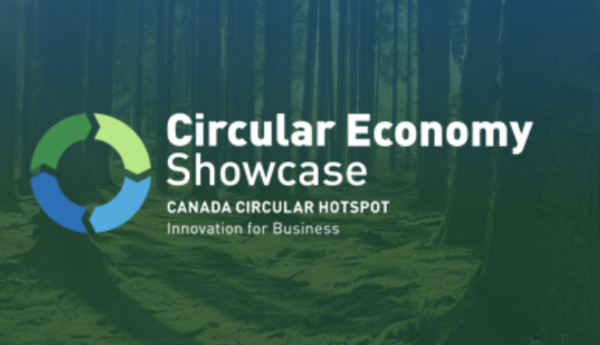Are YOU the host of our next Hotspot? Deadline to sign up is September 6th, 2024
The Circular Economy Hotspot community is launching an open call to find a host for its 2025 and 2026 edition, offering the ideal opportunity to highlight local circular practices, from business models and innovative industrial solutions to progressive regional and national policies. We are currently looking for candidates in Australasia/Asia for 2025 and our next European candidate for 2026!
This globetrotting event aims to highlight innovative circular economy practices. Its international and diverse outlook promotes the exchange of ideas and experiences between policymakers, entrepreneurs, researchers, and captains of industry from the host country/city and beyond.

History
This globetrotting event aims to highlight innovative circular economy practices. Its international and diverse outlook promotes an exchange of ideas and experiences between policymakers, entrepreneurs, researchers, and captains of industry from the host country and beyond.
The Circular Economy Hotspot was first organized in the Netherlands in 2016. Since its inception in the Netherlands in 2016, the event has traveled to Luxembourg, Scotland, Belgium, Catalonia, Nord Rhine Westphalia, Dublin, Lagos, and Santiago de Chile and this year, it’s hosted in Canada, South Africa, Wales, and Brazil.
In 2025, Slovenia, Ethiopia and Mexico will be the Hotspot Events for Europe and Africa.
Each host puts together a program that highlights how their country or region is contributing to the transition towards a circular economy.
Frequently Asked Questions
How will the jury decide on the winner? (October 7th Selected Country Presentations)
- The jury will evaluate the quality (programme, network, innovative elements) of the programme, executability (organisation, passion/drive, funding) and Local Impact. Originality will be appreciated. Some previous Hotspot emphasized the regional aspects or social aspects, the inclusion of Youth or the reconversion of an old mining site in the most sustainable industrial area. What will be your angle?
Will there be funding available?
- The programme should fund itself independently. Typical sources are cities or regions or governments supplemented by private sponsors from frontrunning CE companies. Potential support could come from international institutions or financial Institutions or leading knowledge institutes. In kind support is likely from local CE Hubs, Universities, Embassies, EU, Civil Society, multinationals and SME’s. HCH and the CE Hub network will try to find an international sponsor for additional international collaboration support. This should be accepted by organisers.
The jury understands that at the moment of pitching not all commitments to organize an event are hard and all contracts have been signed. It is important to convince the jury that you will be able to pull it off in time.
What does a CE Hotspot Event look like?
- For inspiration only we share some set-ups from previous events. The event normally lasts 2 to 3 days. It starts with a welcome reception at a symbolic location followed by a conference day with presentations, workshops, exhibitions. The last day is often an excursion day among local/regional best practices by theme. Matchmaking can be part of the event.
- We normally see programming geared for a number of market segments that have local momentum from economical, environmental and transition readiness potential (think of construction, agrifood, plastics, manufacturing, textiles etc.) and a number of transversal items/challenges (Leadership, metrices, EPR, procurement, design) as well as links with Climate, SDG’s, jobs. Some of the market segments and the transversal elements have a very clear international component (hence international collaboration and programming is more than desirable for a CE Hotspot event).
Who should be part of a CE Hotspot Event?
- The event should be a circular economy event with triple or quadruple helix interaction and set-up: we need all stakeholders on board (public, private, knowledge institutions and civil society). It is not a regulatory driven event (public) nor a business best practices event only.



